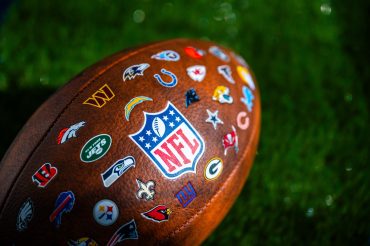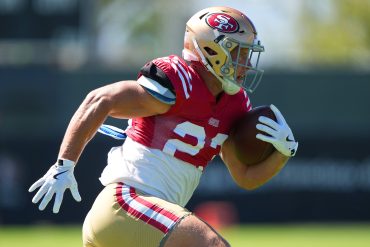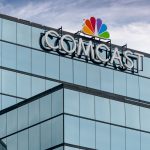
- M&A
- Media & Gaming
- Streaming
ESPN Acquires NFL Network in $2B Deal to Boost Streaming Push
5 minute read

ESPN’s NFL Network acquisition unites America’s top sports media brands ahead of streaming service launch
Key Takeaways
- ESPN acquires NFL Network for 10% equity stake in a deal valued at over $2 billion, marking the NFL’s first direct ownership in a major sports media company
- Streaming integration accelerates as NFL Network, RedZone, and fantasy football platforms will be incorporated into ESPN’s $29.99 monthly direct-to-consumer service launching this fall
- Content expansion delivers 28 total NFL games to ESPN platforms annually, including three additional games beyond its current Monday Night Football package
Introduction
ESPN strikes a landmark $2 billion agreement with the National Football League that fundamentally reshapes the sports media landscape. The Disney-owned network acquires NFL Network and other league media assets in exchange for granting the NFL a 10% equity stake in ESPN, creating the first direct ownership relationship between America’s most popular sports league and a major media company.
The deal positions both organizations for the streaming era while deepening their existing partnership. ESPN already pays the NFL $2.7 billion annually for Monday Night Football rights, making it the league’s highest-paying media partner.
Key Developments
The agreement encompasses multiple NFL media properties that will integrate into ESPN’s expanding portfolio. ESPN gains control of NFL Network, the league’s linear television channel, along with broadcast rights to the popular RedZone channel that provides live coverage across multiple games.
Fantasy football platforms from both organizations will merge to create the NFL’s official season-long fantasy game. This consolidation aims to combine user bases and drive higher engagement across ESPN’s digital properties.
The NFL retains operational control of RedZone production while ESPN owns distribution rights and the trademark. According to ESPN, this structure allows the league to maintain content quality while ESPN maximizes monetization opportunities.

Market Impact
The transaction values ESPN’s equity at approximately $20 billion based on the 10% stake calculation. This represents a significant premium to previous ESPN valuations and reflects the network’s strategic importance in Disney’s portfolio restructuring.
Disney shares respond positively to the announcement as investors view the deal as strengthening ESPN’s competitive position in the streaming transition. The agreement provides content security as traditional cable subscriptions continue declining at double-digit rates annually.
Sports media competitors face increased pressure to secure premium content as ESPN solidifies its NFL relationship. The deal potentially raises acquisition costs across the industry as leagues recognize their enhanced bargaining power.
Strategic Insights
ESPN’s content expansion creates a more compelling value proposition for its upcoming direct-to-consumer service. The network will broadcast 28 NFL games annually across its platforms, while NFL Network retains seven games under the new structure.
The equity arrangement aligns the NFL’s financial interests with ESPN’s streaming success. This partnership model may influence future negotiations between content creators and distributors as traditional revenue-sharing agreements evolve.
Integration challenges emerge as ESPN consolidates multiple NFL properties into its existing infrastructure. The network must seamlessly blend NFL Network programming with its established content while maintaining audience engagement across both linear and digital platforms.
Expert Opinions and Data
Disney CEO Robert Iger emphasizes the deal’s transformative potential, stating it “paves the way for the world’s leading sports media brand and America’s most popular sport to deliver an even more compelling experience for NFL fans.” Industry analysts describe the arrangement as expensive but necessary insurance for ESPN’s streaming future.
NFL Commissioner Roger Goodell highlights the network’s evolution since its 2003 launch, noting that “NFL Network has provided millions of fans unprecedented access to the sport they love.” The sale builds on this foundation while expanding reach through ESPN’s distribution network.
ESPN Chairman Jimmy Pitaro calls the agreement “an exciting day for sports fans” that creates a “premier destination for football fans.” The deal follows nearly four years of negotiations and represents a strategic priority for ESPN leadership navigating the cable-to-streaming transition.
Conclusion
The ESPN-NFL partnership establishes a new template for sports media consolidation as streaming services compete for premium content. Both organizations gain strategic advantages through deeper integration and aligned financial incentives.
The agreement requires NFL team owner approval for the equity component, though industry observers expect ratification given the deal’s financial benefits. ESPN strengthens its content portfolio while the NFL secures distribution guarantees and direct media company ownership for the first time.








